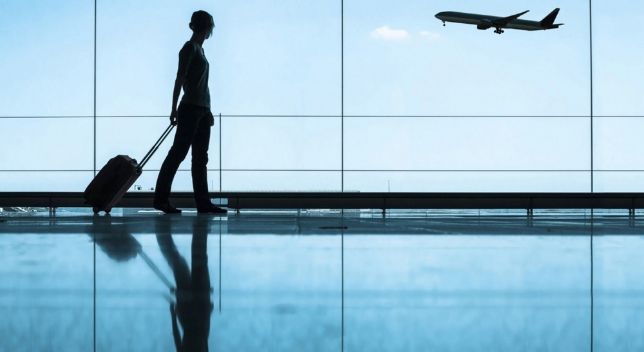Business travel in 2022
Trends that should dictate the direction of business travel in the future
Unsurprisingly, among the segments of the tourism sector, corporate travel was the one that suffered most from the Covid-19 pandemic – and is still dealing with the effects of low demand, in the US and worldwide. But the expectations regarding business travel in 2022 are much better.
Now, with the advance of vaccination and the resumption of at least part of the in-person corporate activities, how will this market be? Here are some trends that should dictate the direction of business travel in the future.
1 – Hybrid model
As well as the return to the office routine, the activities associated with corporate travel will also occur, in many cases, in a hybrid model. This means that part of the reasons for the trips to happen will no longer exist.
A very traditional example is that of conferences and fairs: they can decrease in size, adopting programming that takes place in person and on virtual channels simultaneously – more democratic, even.
It is difficult to imagine, however, a world in which these events, considered extremely important for building a network of relationships and contacts in business, cease to exist. Therefore, demand for travel related to them should continue, at least partially.
2 – Business travel in 2022: Types of trips
Companies’ policy on what should and should not motivate travel has been tightened up as a result of the pandemic – and this is likely to continue somehow.
Activities that require the presence of employees will be prioritized, such as opening a new factory or starting operations in another country.
A survey by the Lufthansa Innovation Hub shows that the majority of experts surveyed believe that travel for training or team integration should suffer post-pandemic declines.
On the other hand, more than 50% of them say that activities such as searching for new talent, products or suppliers and researching trends or locations should continue to motivate departures, at the same level as before.
3 – Welfare and safety
Concern for the safety and well-being of workers reached new levels during the health crisis – and the trend is for it to continue at high levels, including as a way to retain talent in an increasingly competitive market.
And that will apply, of course, to corporate travel. In addition to paying more attention to health care, guaranteeing accommodation in places that respect all the conditions necessary to preserve the health of visitors, companies will have to offer other facilities.
Among them are the possibility of combining business routes with leisure getaways, choosing accommodations that offer greater comfort or subsidies for physical activities or healthy eating during your stay.
In this context, the accommodation facilities must be prepared to offer a stay that addresses these concerns, including not only an adequate structure for work, but also for travelers to rest – always with a focus on experience and well-being. Corporate car services like Mundi are also prepared for this new era.
The rise of business travel in 2022
International business travel is expected to rise by 26% in 2021 and another 34% in 2022, recouping some of the losses caused by the COVID-19 pandemic. With these statistics in mind, security leaders can prepare for the rise in travel by considering some key health security factors.
The World Travel and Tourism Council (WTTC) released the findings of its report, “Adapting To Endemic Covid-19: The Outlook For Business Travel.” The report from WTTC and McKinsey & Company conducted research and interviewed 19 CEOs and other key travel and tourism stakeholders to gain deeper insight into how the pandemic has continued to shift business travel.
The report identified important factors for security and other professionals to consider when planning business travel around the globe, including:
- Vaccination rates: The rate of vaccination in business travel destinations varies from country to country and will likely be a considered factor in future travel policy, according to the report.
- Mutual recognition: The international acceptance of vaccines, COVID-19 tests and proof of vaccination certificates determines which travelers can easily access business destinations.
- Variant prevalence and hospitalization rates: As different countries experience variant outbreaks, business travel will likely adapt to avoid high-risk areas.
- Testing accessibility: Testing availability and cost will play a role in budgeting for and executing safe travel for employees.

